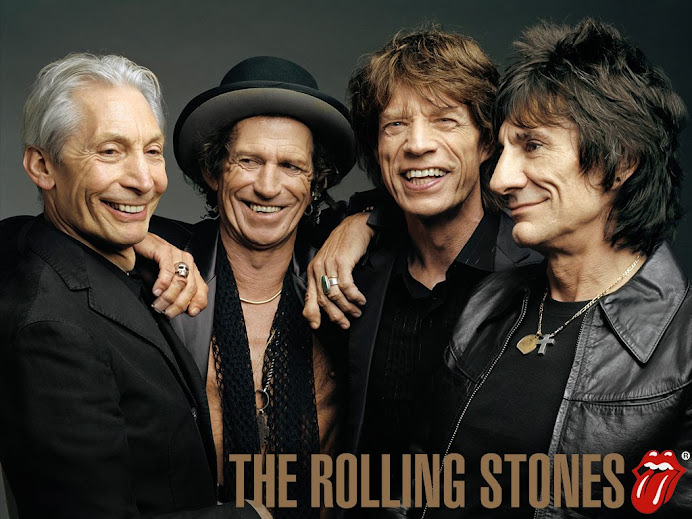
Whether you admit it or not, music imbeds our daily life, weaving its beauty and emotion through our thoughts, activities and memories. So if you're interested in music theory, music appreciation, Beethoven, Mozart, or other composers, artists and performers, we hope you'll spend some time with here and learn from these music articles of note for all ages and tastes.
When most of us think about the history of music, we think of the history of rock music. We assume that the history is simple because the music is simple. In fact, neither is the case. The history of music, whether you're talking about classical music, rock music, jazz music, or any other kind, is always complicated. New chord structures are introduced bringing with them new ways of understanding the world. New rhythmic patterns are introduced, bringing with them new ways of understanding time. And music reflects all of it.
Even when the class was over, I could not stop learning about the history of music. It had whetted my appetite, and I wanted more. I got all the music history books that I could find. I even began to research forms of music that had not interested me before in the hopes of enhancing my musical knowledge further. Although I was in school studying toward something very different – a degree in engineering – I had thought about giving it up and going back to get a degree in musicology. That is how much I am fascinated by the subject.
If you have never taken a course in the history of music, you don't know what you are missing out on. The radio will never sound the same to you again. Everything will seem much more rich, much more luminous, and much more important. A new song can reflect a new way of being, and a new way of imagining life in the world. This is what learning about the history of music means to many of us.


No comments:
Post a Comment